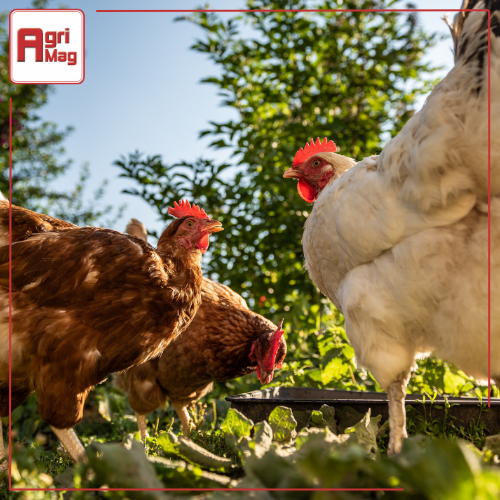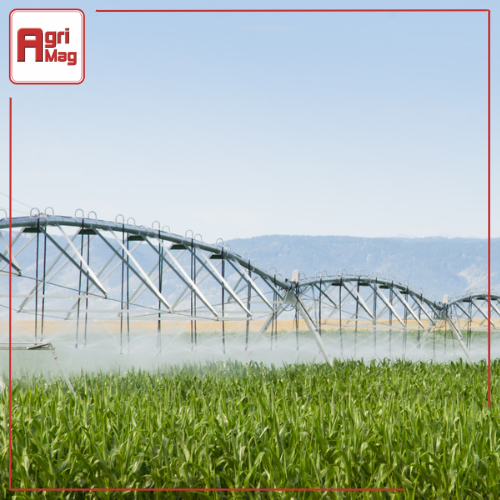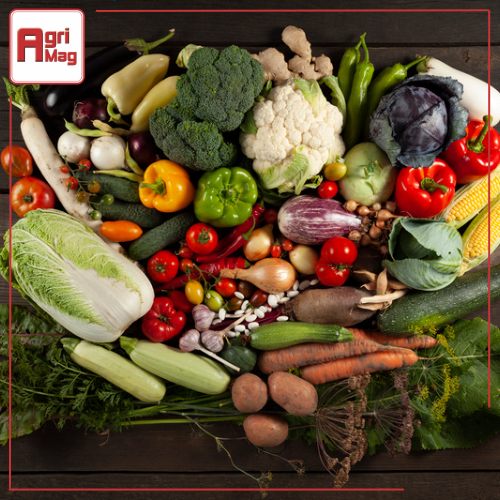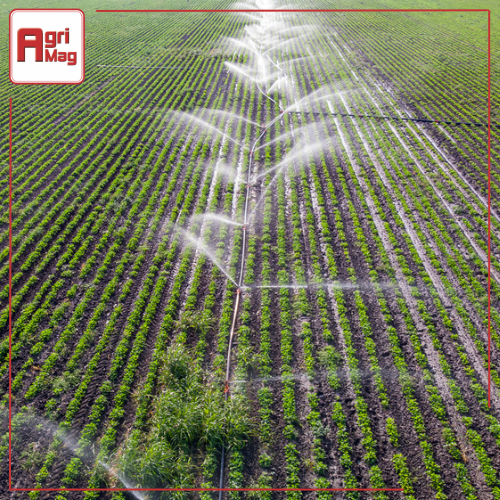
Water-saving tips for eco-friendly farming
Date: 23/03/2022
Implement our water-saving tips for eco-friendly farming. With rising awareness of the importance of conserving water, it’s useful to know how to protect this natural resource. Not only will you be helping the environment, but you’ll also be gaining vital knowledge that can help your agricultural business to survive when faced with dry periods. Find durable farming equipment for sale on AgriMag and take the efficiency of your farm to new heights.
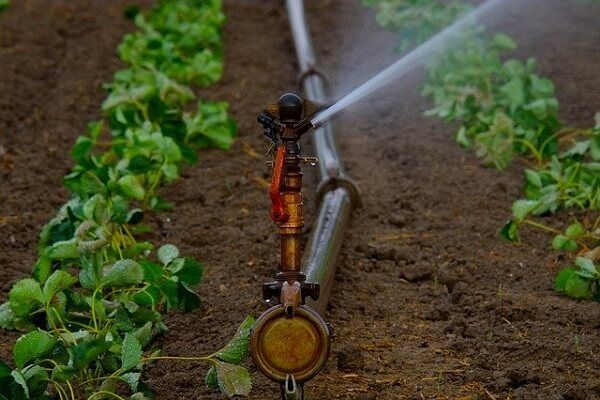
Photo By Holger Schué from Pixabay
Collect and store water
Build ponds to collect and store water that you can rely on throughout the year. While many agricultural businesses use municipal water or groundwater, eco-conscious farmers are exploring other solutions. Ponds that are overseen adequately provide an excellent source of water for your farm during dry periods. They also contribute to conservation efforts by creating a habitat for wildlife.
Plant drought-resistant crops
Plant crops that are the right match for the climate of the area that you’re farming in. This strategy will improve your success rate while helping to conserve water. Crops that are native to dry areas are inherently more resistant to drought, and other types of crops have been carefully identified for their low water requirements.
Use drip irrigation systems
Set up a drip irrigation system to ensure that water is used efficiently. These systems send water straight to the plant’s roots so that less water is lost via evaporation when compared to spray systems. Use a timer for added convenience in order to schedule watering to take place during cooler periods. If your drip system is correctly installed, you’ll enjoy significant reductions in water consumption and an improvement in crop yields.
Consider smart irrigation timing
The type of system you use is not the only consideration you need to make when you’re setting up an irrigation system. You’ll also need to determine how frequently to water your crops and how much water to use. Accurate irrigation timing can be achieved by closely monitoring the weather. The moisture levels in the soil also need to be considered. With this information, you can adjust your irrigation schedule according to the current conditions of your farm.
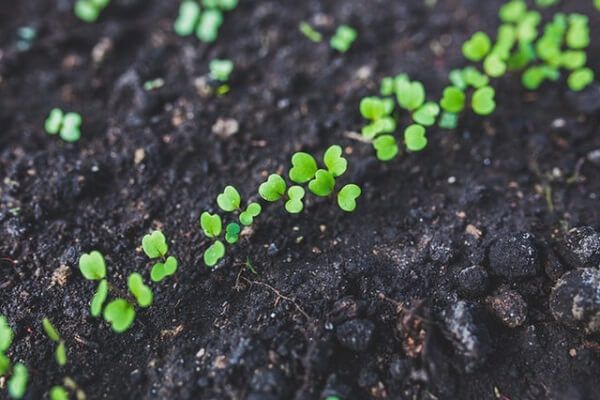
Photo By Kaboompics .com from Pexels
Grow cover crops
Protect your soil and decrease weeds by growing cover crops. These crops also give the fertility of your soil a boost. Erosion and compaction of the soil are decreased, which makes it easier for water to enter the soil rather than running off the surface area. Planting cover crops plays a role in water conservation while improving crop yields.
Try dry farming
Dry farmers depend on soil moisture rather than irrigation systems. They use specialised tilling practices and monitor microclimates carefully to ensure the success of this approach. Dry farming typically improves the flavours of crops but offers reduced yields.
Implement rotational grazing
When it comes to water-saving tips, you can enjoy the benefits of rotational grazing. Farmers who are using this strategy move animals to different fields so that the pasture has time to rest and regenerate. When farmers oversee grazing properly, it improves the water absorption of fields and reduces the amount of water that runs off the surface.
Use organic farming methods
Switch to organic farming methods to retain soil moisture and benefit from high-quality soil. Healthy soil that has a high concentration of organic matter promotes microbial life, which increases the availability of moisture to crops. Organic farming methods improve crop yield and keep toxic pesticides out of our food and water.
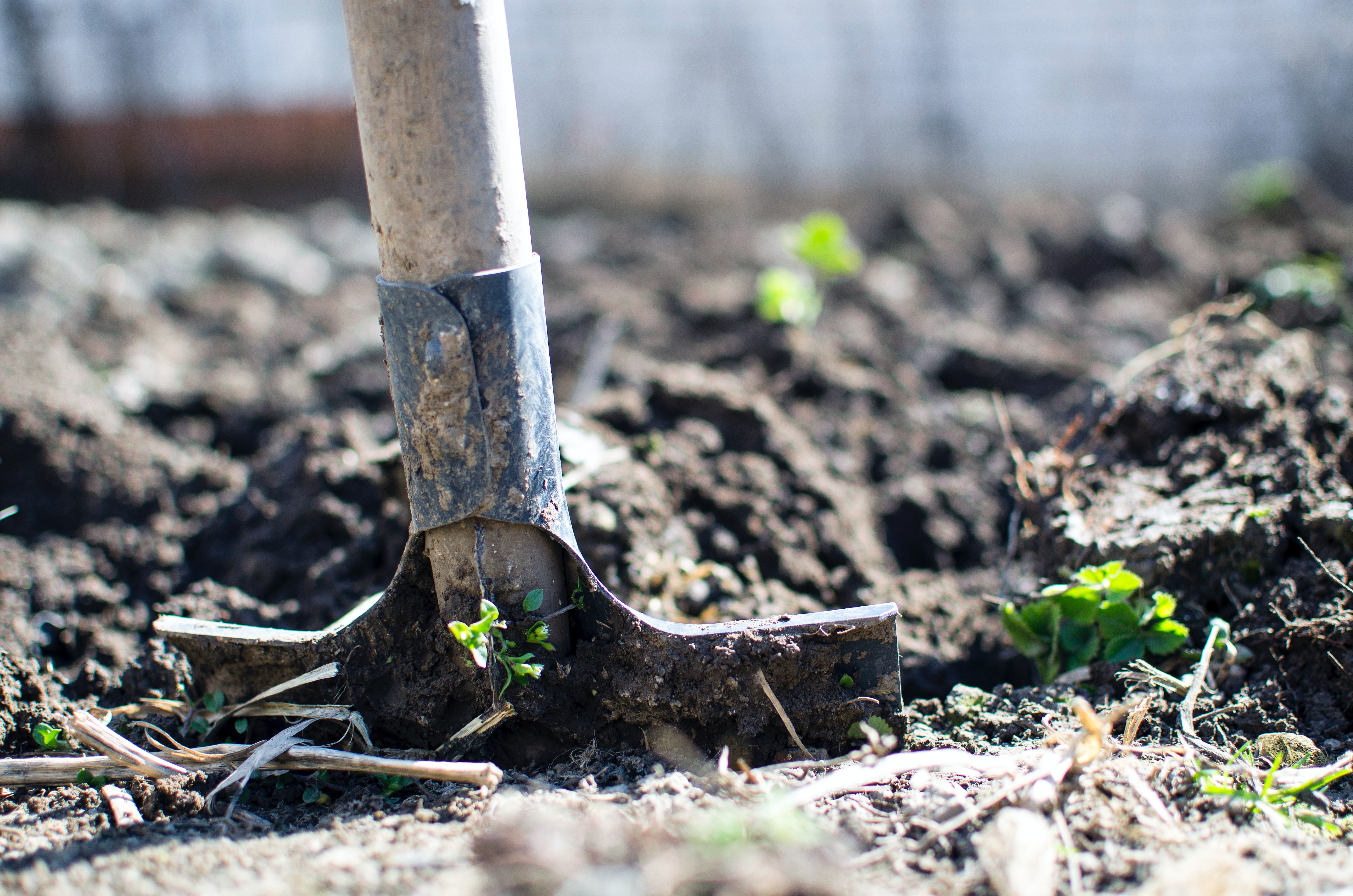
Photo by Lukas from Pexels
Apply organic matter and mulch
Organic matter improves the quality of the soil’s structure so that it retains more water. Spreading mulch on the surface of the soil also promotes water retention. Over time, mulch decomposes into compost and contributes to the soil quality even further. Mulch also hinders the growth of weeds.
Implement conservation tillage
Conservation tillage makes use of specialised equipment to till the soil while ensuring that crop residue remains on its surface. Similar to planting cover crops, this method promotes water absorption and decreases evaporation.
Now that you’ve read our water-saving tips, you can enjoy all the benefits of being an eco-conscious farmer. Visit AgriMag and invest in the right farming equipment today.
Categories:
Common category
Category Search:
Latest articles:
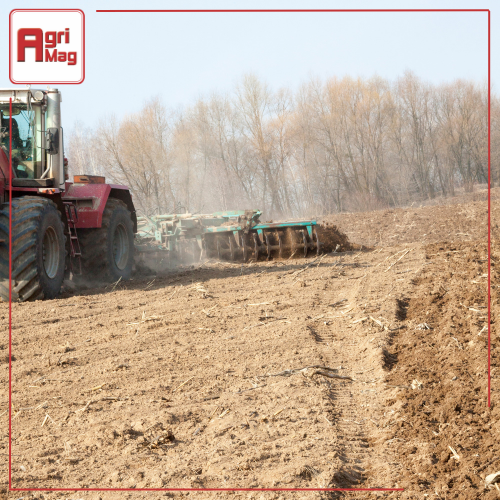
Tillage Equipment on AgriMag: Empowering Small Farms
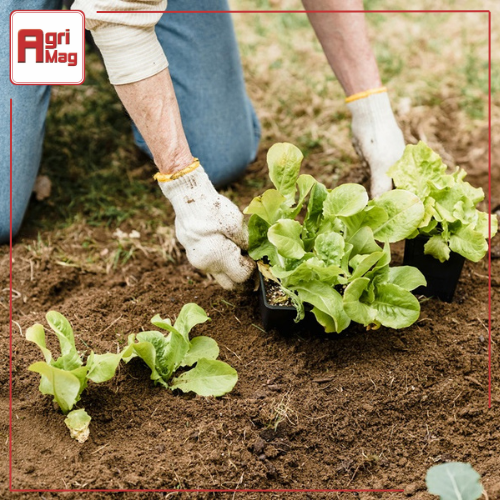
Benefits of Regenerative Agriculture for Soil Health and Crop Yields
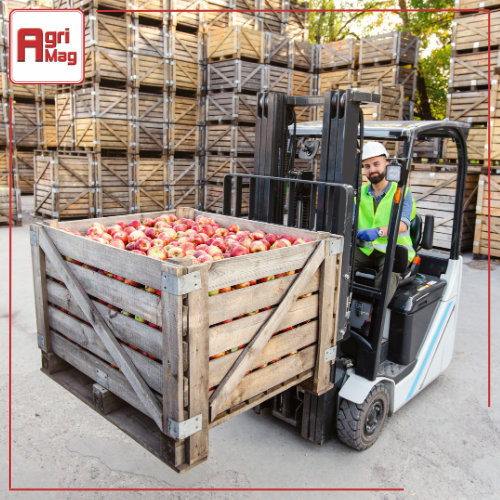
Exploring the Machinery Categories on AgriMag

